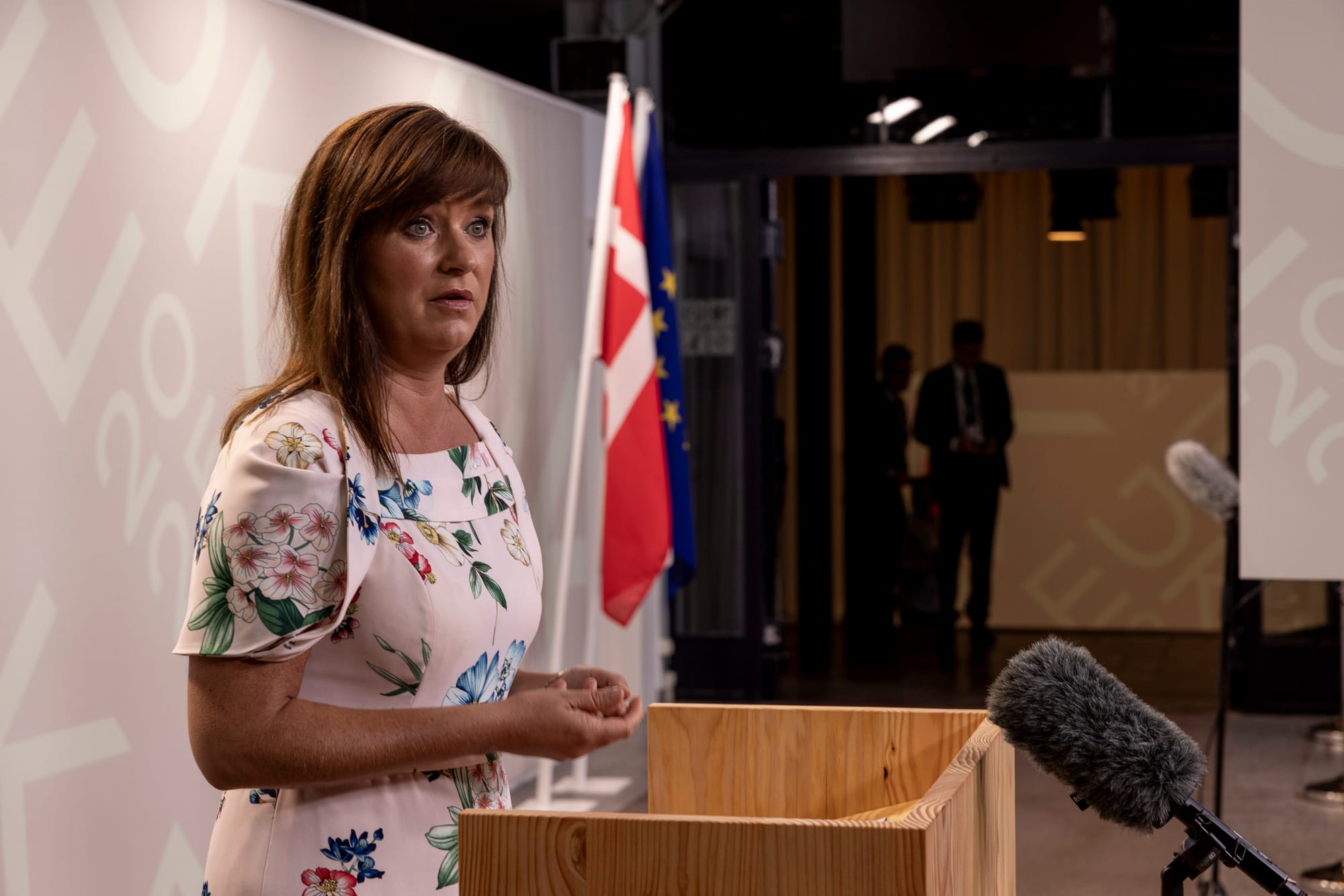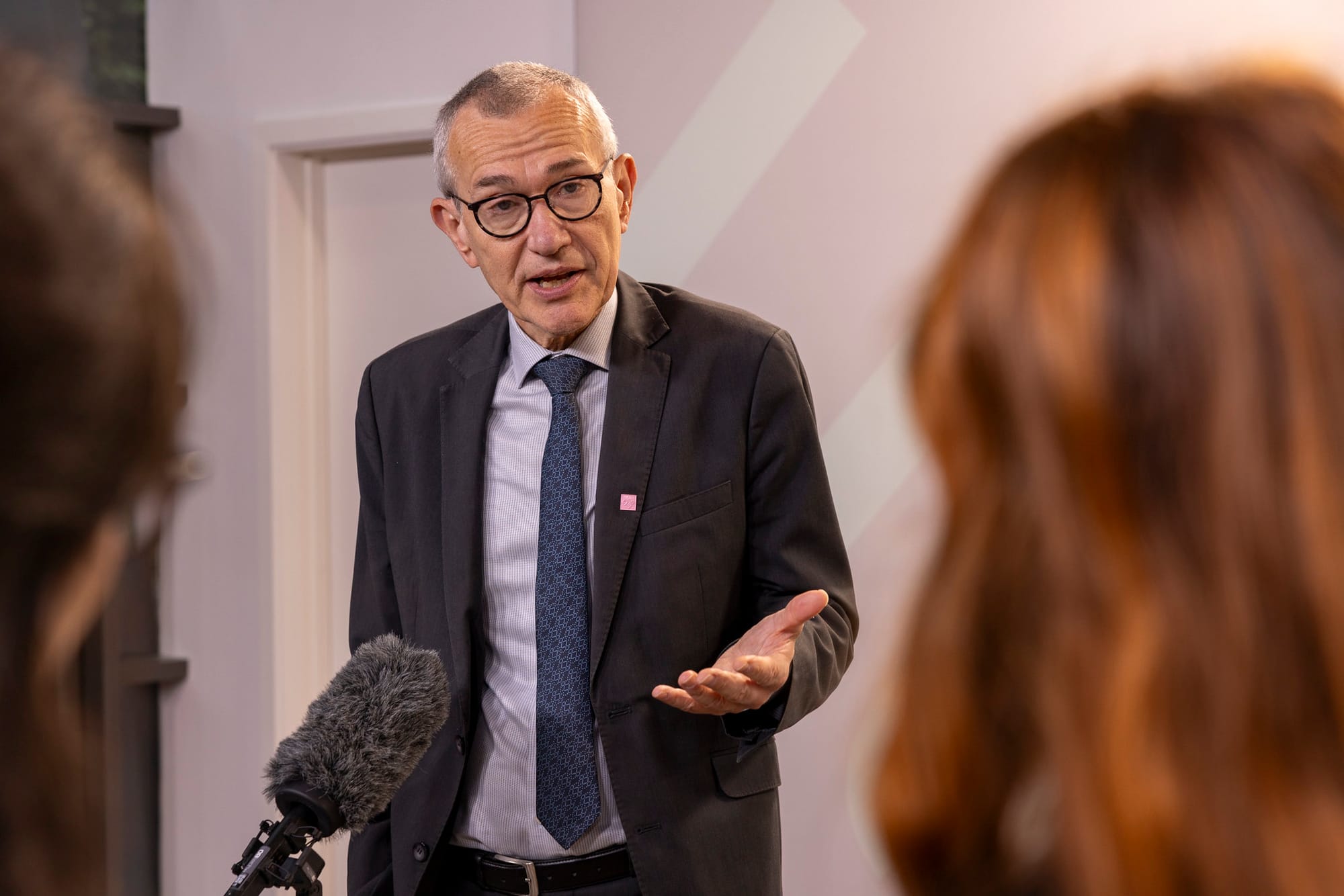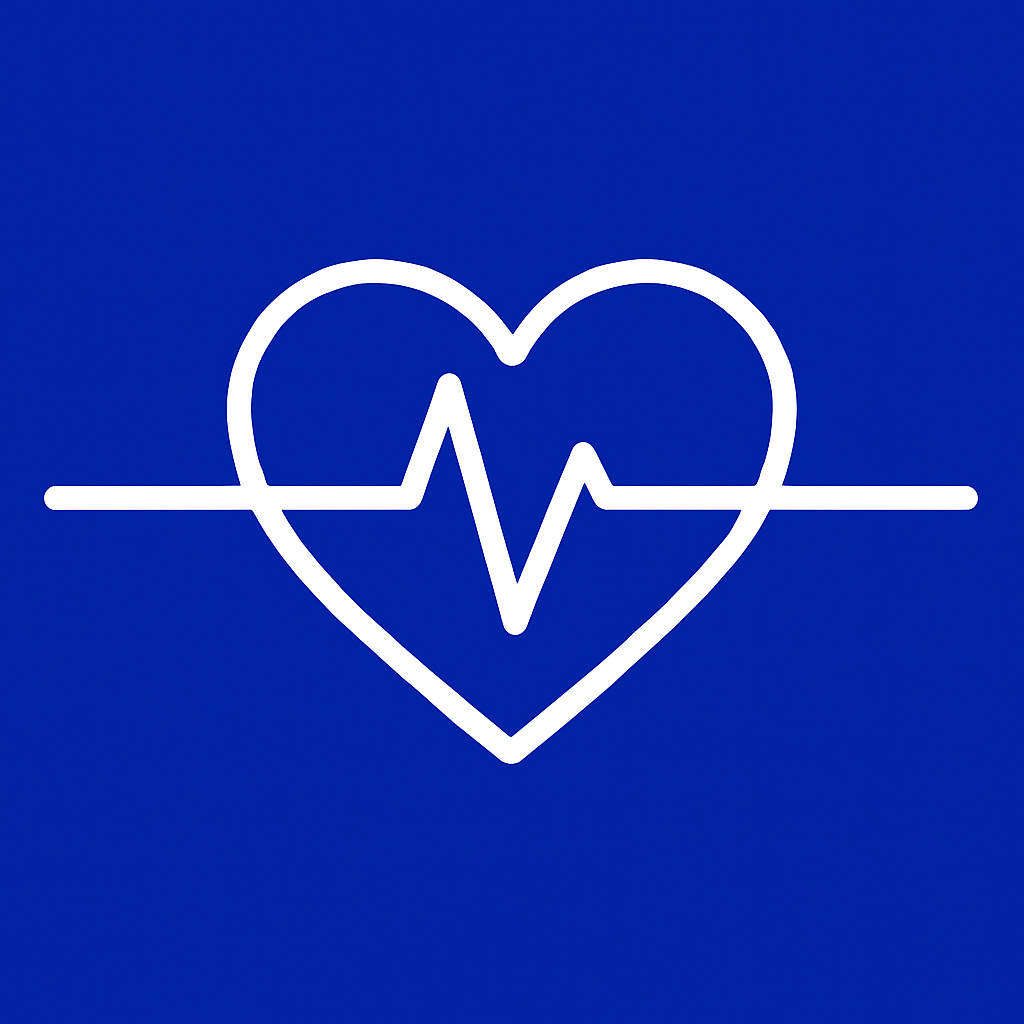Danish Presidency calls for more decisive joint action on antimicrobial resistance

Health ministers recommitted to strengthening their response to antimicrobial resistance, following a call for more action from WHO/Europe Region Director Hans Kluge.
At yesterday’s informal Council for EU/EEA health ministers in Copenhagen (16/09), ministers covered a wide range of issues with sessions on life sciences and clinical trials, antimicrobial resistance (AMR), and preparedness.
Antimicrobial resistance
“We need to respond with increasing urgency, as AMR is already a problem in the daily operation of our healthcare system,” said Danish Health Minister Sophie Løhde on the escalating threat from antimicrobial resistance: “Without stronger cooperation and innovative solutions, infections that are currently treatable could become life-threatening.”
“We are at the edge of losing the most cost-effective public health tool, the antibiotic,” said Kluge, “So it's very important that we keep the population aware when and how long to take antibiotics. And actually, Denmark is a very good example of this, looking at the low resistance against the antibiotics.” Ministers agreed to strengthen their joint response to AMR.
Trade: While not formally on the agenda, ministers and officials were unable to avoid the question of Trump’s tariffs. Asked about their impact Løhde said that it was obvious that trade policy couldn’t be fixed at a Health Council, but said that it made it all the more important that ministers address the task of making the EU’s life science sector more competitive.
Arriving at the venue, Hungarian Health Commissioner Olivér Várhelyi said his top priority was how to make Europe the leading region globally when it comes to life sciences, “Europe has a huge potential to become again the leader in life sciences, but for this to happen, we need to do quite a bit. We should make full use of our innovation potential and create the right conditions for industry to innovate and manufacture here.”

Medicine shortages: The Belgian Minister for Social Affairs and Public Health Frank Vandenbroucke, who has been one of the main drivers behind the EU’s efforts to find solutions to medicine shortages, which, “remain a huge problem all over Europe”, with patients who cannot find necessary medicines and doctors who want to prescribe a drug that cannot be found in a pharmacy, said: “I think one important message is that we should not wait for the new legal act, which we are working on, the Critical Medicines Act. We can already take action right now.”
Vandenbroucke argues that EU investment through the EU’s multi-annual financial framework (MFF - the EU’s seven year budget plan) needs to re-shore production facilities, in order to have real strategic autonomy in basic medicines.
MFF: The Belgian health minister said that one of his difficulties with the current MFF is that health is not easily identifiable. Under the competitiveness heading, he would like to have a separate section on health and biotechnology, so that it is easily identifiable, and so that ministers of health can also see that there is enough investment in health and healthcare.
Joint procurement: Vandenbroucke argued that the procurement rules should be updated to give them “real bite”, again saying that much could be done without new legislation. Lithuania’s Deputy Health Minister Jelena Celutkiene said that joint procurement initiatives were important to address medicine shortages. The Baltic countries have some experience already, but she said that more could be done.
Vaccines: “Our line is very clear when it comes to vaccination or any other public health challenges we are facing,” said Várhelyi in response to a question on von der Leyen’s commitment to Europe taking a lead on global health issues: “Europe, the place where compulsory vaccination schemes have been invented, and Europe, which is sticking to this for over 100 years now, is the very proof that without it, it's not possible to manage any global public health policy. So I do hope that this is still going to be the international line to prevail.”
